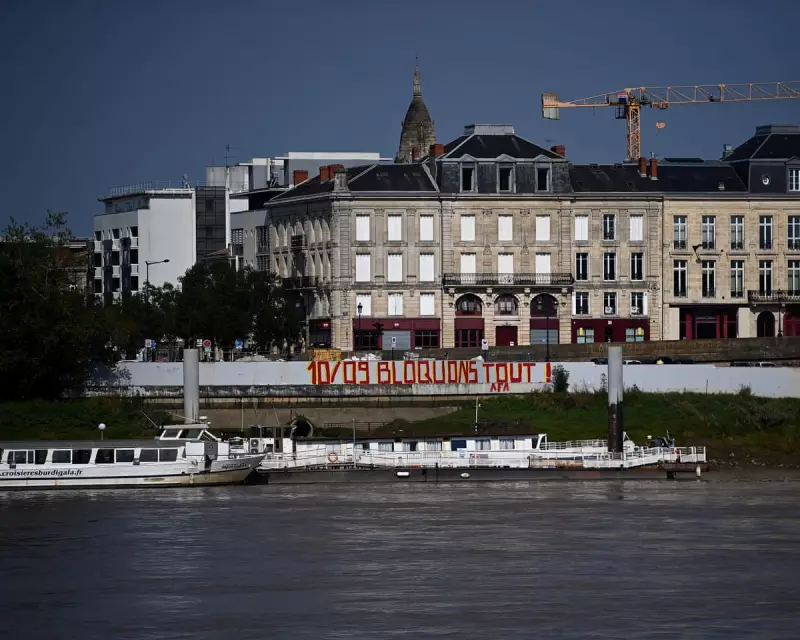
In a seismic political manoeuvre that has sent shockwaves through the Élysée Palace, President Emmanuel Macron has rolled the dice on the future of France. His audacious electoral pact with centrist stalwart François Bayrou is not unifying the nation, but tearing his own ruling coalition apart—and the biggest beneficiary could be the far-right.
A Pact That Backfired
The controversial alliance, intended to form a broad centrist front against the rising tide of Marine Le Pen's National Rally, is having the opposite effect. Key figures from Macron's own Renaissance party are in open revolt, accusing the President of anointing Bayrou as his successor and abandoning the party's core principles in a desperate bid for relevance.
This internal mutiny isn't just political theatre; it's a fundamental crack in the foundation of Macron's power base. The very lawmakers who propelled him to victory now feel betrayed, their constituencies overlooked in what they perceive as a top-down deal that sacrifices local representation for national strategy.
Le Pen's Quiet Ascendancy
While Macron's camp fractures, Marine Le Pen's National Rally is watching with quiet satisfaction. The far-right party, once relegated to the fringes of French politics, now finds itself in an unprecedented position of strength. Macron's miscalculation has inadvertently handed them a powerful narrative: that the Parisian elite are making backroom deals to maintain power, disconnected from the concerns of ordinary French citizens.
This perception is particularly potent in rural and post-industrial areas, where the National Rally has made significant inroads. The party's transformation from protest movement to potential party of government is nearing completion, and Macron's political gambit may have accelerated this process.
The Bayrou Conundrum
François Bayrou, the centrist kingmaker who has backed multiple presidents, now finds himself at the centre of the storm. His MoDem party stands to gain considerable influence through the pact, but at what cost? The agreement risks being perceived as exactly the type of political cronyism that French voters have increasingly rejected.
The partnership reflects Macron's longstanding admiration for Bayrou's centrist vision, but in the current political climate, it appears dangerously out of touch. Rather than creating a united front, the alliance has exposed the weakness of the centre ground and the desperation of its champions.
A Republic in Peril
The stakes extend far beyond political point-scoring. France stands at a constitutional precipice. The National Rally's programme includes proposals that would fundamentally alter the nature of the French Republic, prioritising national preference over universal rights and challenging the secular foundations of the state.
Macron's gamble assumes that French voters will ultimately reject the far-right when faced with a binary choice. But this calculation looks increasingly precarious. The President who once promised to keep the far-right from power may have created the perfect conditions for their victory.
As the political centre fragments and the left struggles to coalesce into a credible alternative, France faces its most dangerous political moment in decades. The Republic's guardians have never looked more vulnerable, and their opponents have never been closer to the gates of power.





